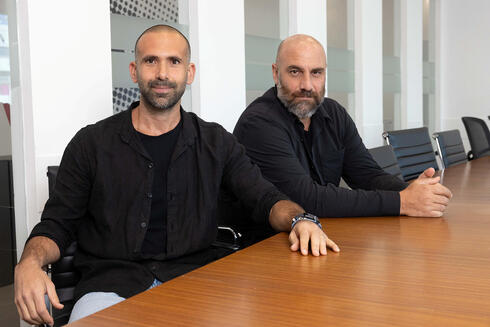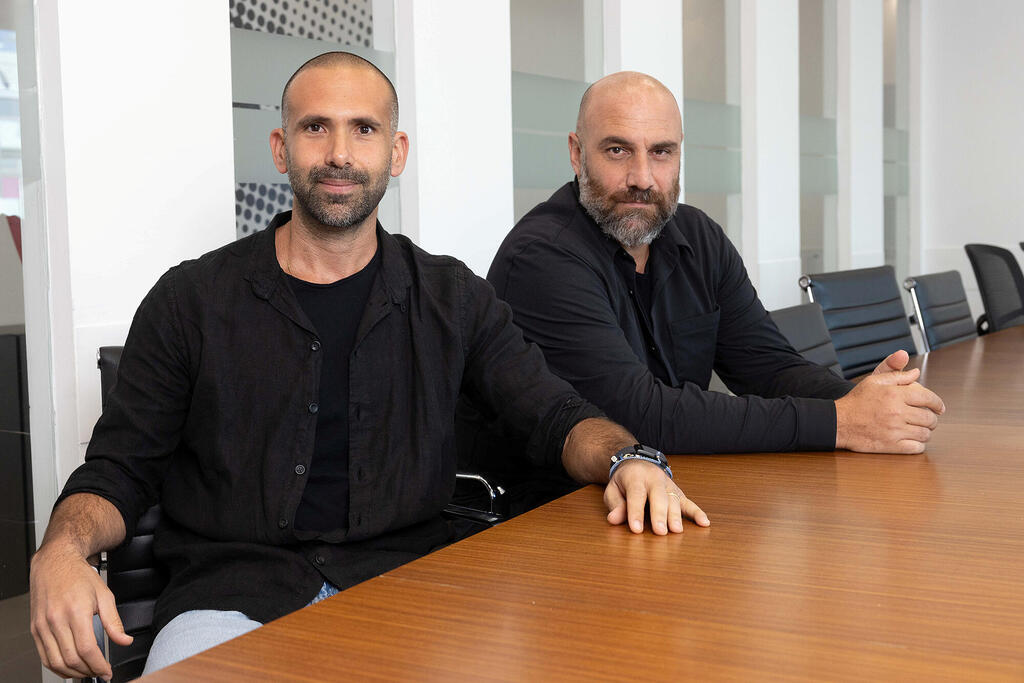
Selina: The end? Hospitality chain facing insolvency after defaulting on loan
The hospitality chain has lost 99.5% of its value since going public, currently having a market cap of just $25 million. It is set to soon be delisted from Nasdaq after repeatedly failing to meet the exchange’s deadlines.
Israeli-founded hospitality chain Selina, which went public two years ago on Nasdaq at a valuation of $1.2 billion, announced late last week that it may soon become insolvent. According to a document submitted to the American Securities and Exchange Commission, Selina, founded and managed by Rafael Museri and Daniel Rudasevski, failed to repay a loan to the firm IDB Invest. This is a $50 million loan that Selina took out in November 2020, and it did not make an interest payment of $455,000, which was due on July 15.
Following the non-payment, IDB informed Selina that this violation leads to default and accelerates the subsequent payments, amounting to $44.1 million. As part of the breach, IDB can take over the collateral that Selina has provided, which includes many of the company's assets in Latin America. IDB is a financial group specializing in financing projects mainly in this region. Beyond this, the agreement with IDB may lead to the cross-realization of collateral within the framework of additional loans taken by Selina.
Selina's troubles, despite investments from prominent names such as Adam Neumann from WeWork and Gigi Levy, a respected figure in the Israeli venture capital industry, are not new but are now reaching a peak. The company states that it is experiencing a severe lack of cash flow and liquidity and urgently needs a capital injection. To date, it has not been able to raise additional investments or realize assets at a sufficient pace. Selina notes that it continues to examine strategic alternatives, including the sale of assets through a creditor protection procedure in the United Kingdom, where Selina is incorporated. If it does not succeed in these initiatives, it will require insolvency proceedings.
Selina's stock fell 17% on Friday, ending trading at $0.05 per share, valuing the company at $25 million. Since the 2022 IPO via a merger with a SPAC, Selina has written off 99.5% of its value. Following the collapse of the stock, Selina has been dealing with Nasdaq's demand to delist it from trading for months, also because Selina has not yet submitted the full financial statements for 2023, nor has it published the results of the first quarter of 2024.
Now, Selina updates that in light of the developments, it has stopped the preparation of the financial statements and will not meet the new target of August 15 set by Nasdaq. Because of this, it is likely that Selina's stock will soon be removed from trading.
The last time investors received any hint about Selina's performance was at the beginning of May, three months ago, and even then, it was a general update with very selective data. These showed that its revenues reached $201 million for the summary of 2023 and $49 million in the first quarter. The chain was able to exit 17 leases but still had 107 sites at the end of the quarter with a low occupancy of just over 50%. However, this is a relatively high occupancy compared to the past, where it reached only about 30%. Despite the reorganization efforts Selina has been undertaking for about a year, it is still spread over more than 20 countries, a complex task even for experienced hoteliers.
Recently, since the Osprey company effectively took over Selina as part of a $68 million investment agreement, it has made many cuts and brought in managers from the hotel industry, but it may already be too late. As of the end of 2022, when Selina's last full annual report was published, it had an accumulated deficit of $725 million after a loss of about $200 million that year on revenues of $184 million. According to a recent report regarding its financial situation, as of July 2nd, Osprey, which today owns 34% of Selina's shares, has so far provided $28 million to Selina and also converted $8.7 million of debt into shares. Following the agreement with Osprey, Museri and Rudasevski, the two founders and managers of Selina since its establishment in 2015, who also gave personal guarantees, were left with only a few percentages of ownership. If they fail to rescue Selina from its troubles, it will have severe financial consequences for them as well. The two could not be reached for comment.
Beyond the founders of Selina, the Hagag real estate group in Israel is also exposed to its troubles, having signed a collaboration with Selina on accommodation sites in Israel in 2021. According to the agreement, they were to establish up to 30 hotels in Israel with an investment of about half a billion shekels. Hajaj has already acknowledged a significant decrease in value following this agreement.















